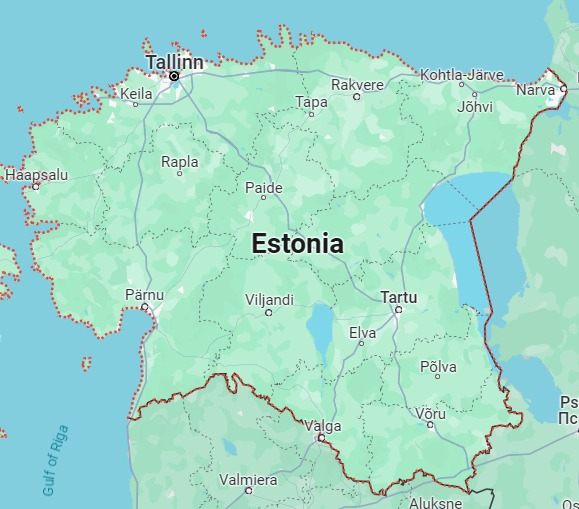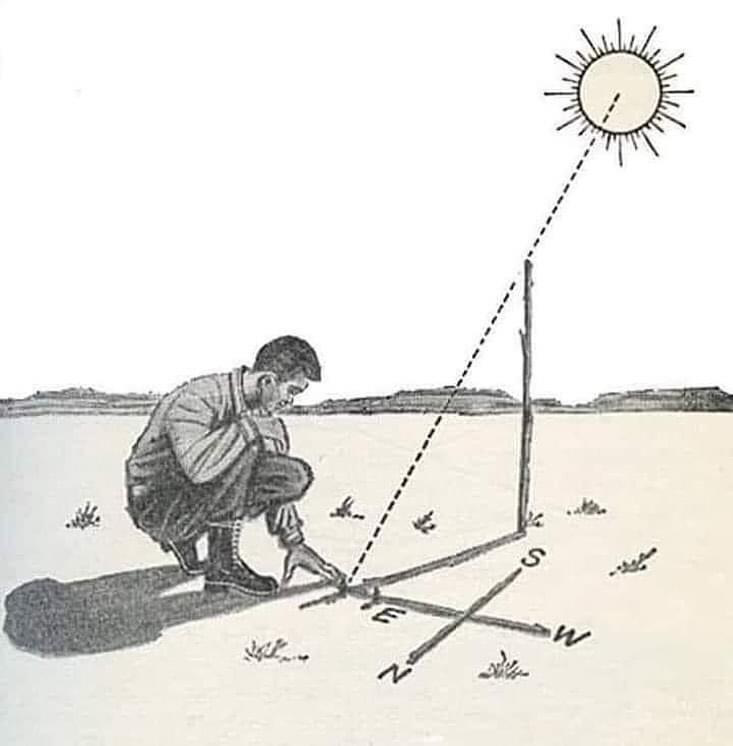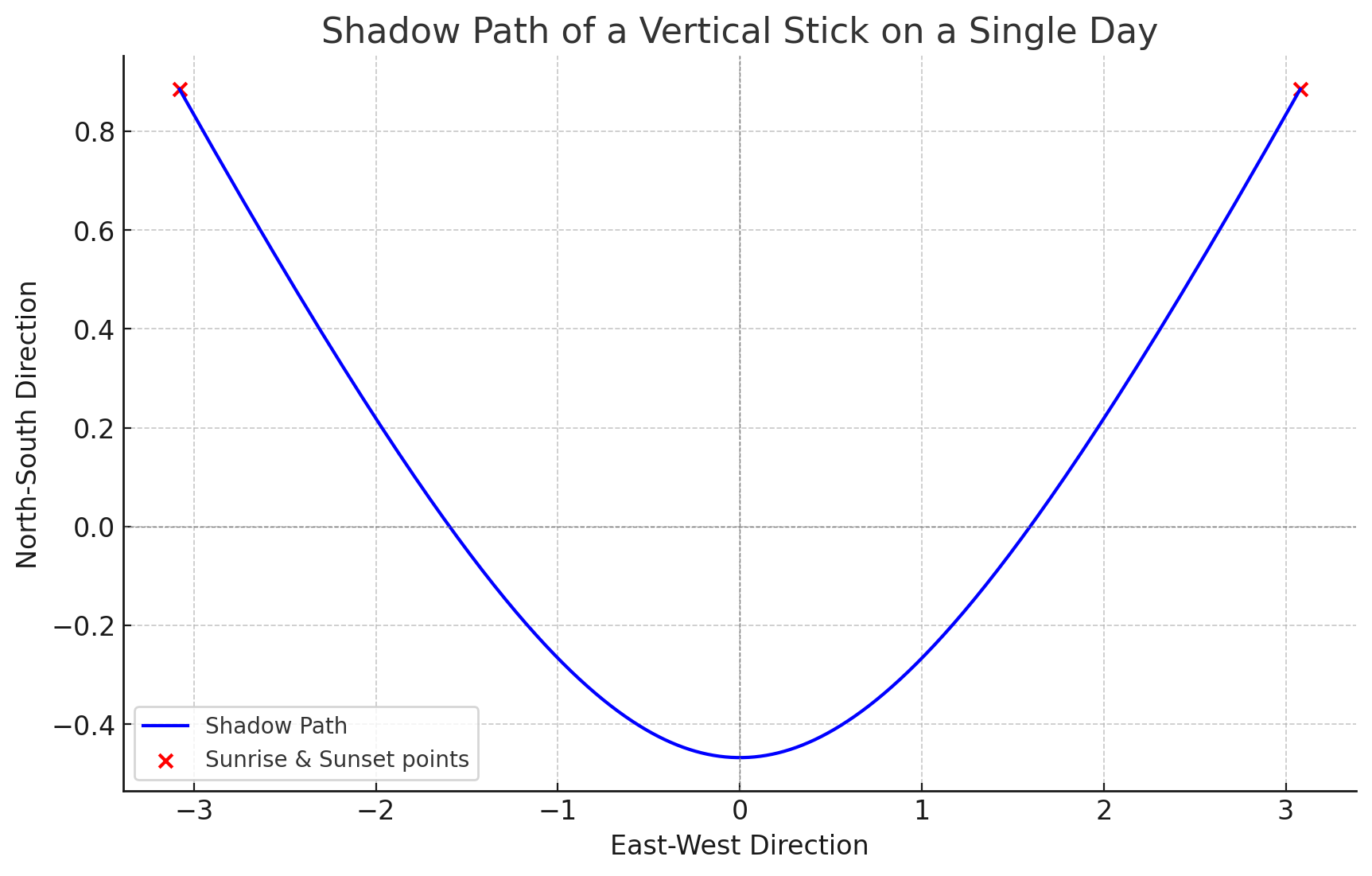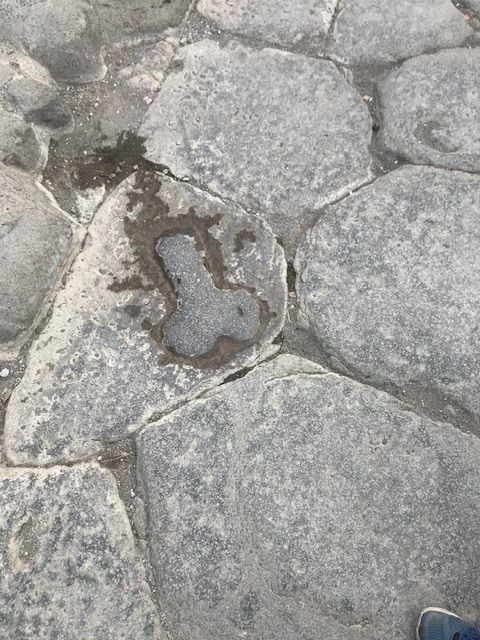Mildly interesting
-
Half of all U.S. states, 25 to be exact, carry Native American names. Today we will be taking a look at the 25 states and the meanings of their names. They will be listed in alphabetical order.
- Alabama: Named after the Alabama, or Alibamu tribe, a Muskogean-speaking tribe. Sources are split between the meanings 'clearers of the thicket' or 'herb gatherers'.
- Alaska: Named after the Aleut word "alaxsxaq", which means "the mainland"
- Arizona: Named after the O'odham word "alĭ ṣonak", meaning "small spring"
- Connecticut: Named after the Mohican word "quonehtacut", meaning "place of long tidal river"
- Hawaii: Is an original word in the Hawaiian language meaning "homeland"
- Illinois: Named after the Illinois word "illiniwek", meaning "men"
- Iowa: Named after the Ioway tribe, whose name means "gray snow"
- Kansas: Named after the Kansa tribe, whose name means "south wind people"
- Kentucky: Origins are unclear, it may have been named after the Iroquoian word "Kentake", meaning "on the meadow"
- Massachusetts: Named after the Algonquin word "Massadchu-es-et," meaning "great-hill-small-place,”
- Michigan: From the Chippewa word "Michigama", meaning "large lake"
- Minnesota: Named after the Dakota Indian word “Minisota” meaning “white water.”
- Mississippi: Named after the river which was named by the Choctaw, meaning “Great water” or “Father of Waters.”
- Missouri: Named after the Missouri tribe whose name means "those who have dugout canoes
Sadly that's where the list ends.

-
-
Half of all U.S. states, 25 to be exact, carry Native American names. Today we will be taking a look at the 25 states and the meanings of their names. They will be listed in alphabetical order.
- Alabama: Named after the Alabama, or Alibamu tribe, a Muskogean-speaking tribe. Sources are split between the meanings 'clearers of the thicket' or 'herb gatherers'.
- Alaska: Named after the Aleut word "alaxsxaq", which means "the mainland"
- Arizona: Named after the O'odham word "alĭ ṣonak", meaning "small spring"
- Connecticut: Named after the Mohican word "quonehtacut", meaning "place of long tidal river"
- Hawaii: Is an original word in the Hawaiian language meaning "homeland"
- Illinois: Named after the Illinois word "illiniwek", meaning "men"
- Iowa: Named after the Ioway tribe, whose name means "gray snow"
- Kansas: Named after the Kansa tribe, whose name means "south wind people"
- Kentucky: Origins are unclear, it may have been named after the Iroquoian word "Kentake", meaning "on the meadow"
- Massachusetts: Named after the Algonquin word "Massadchu-es-et," meaning "great-hill-small-place,”
- Michigan: From the Chippewa word "Michigama", meaning "large lake"
- Minnesota: Named after the Dakota Indian word “Minisota” meaning “white water.”
- Mississippi: Named after the river which was named by the Choctaw, meaning “Great water” or “Father of Waters.”
- Missouri: Named after the Missouri tribe whose name means "those who have dugout canoes
Sadly that's where the list ends.

-
Here, everybody:
Link to video -
17 Facts You May Not Know About Estonia:
- Estonia is one of the most digitally advanced countries in the world, with e-residency and e-voting systems.
- Over 50% of Estonia is covered by forests.
- The country has one of the highest literacy rates in the world at 99.8%.
- Estonia has one of the world's best internet freedom rankings.
- It was the first country to adopt online voting in 2005.
- Estonians celebrate "Day of Restoration of Independence" on August 20.
- Estonia has a unique singing culture and hosts the world's largest amateur choral event, Laulupidu.
- It has over 2,000 islands, the largest being Saaremaa and Hiiumaa.
- The official language, Estonian, is one of the hardest languages to learn for English speakers.
- Estonia has no standing army, but every male citizen is required to serve in the military.
- The country is famous for its digital startups, including Skype.
- Estonia has a high number of meteorite craters per square kilometer.
- Tallinn, the capital, is one of the best-preserved medieval cities in Europe.
- Estonians love saunas and often combine sauna sessions with a dip in icy water.
- The country has a rich folklore and mythology tradition, including tales of forest spirits and magical creatures.
- Estonia is a member of the European Union, NATO, and the Eurozone.
The country is known for its high-quality dairy products, particularly its cheese and butter.

-
How to Make a Compass
- Place a 90 cm stick on the ground and put a small rock where the tip of the shadow falls.
- Wait ten to fifteen minutes and place a second rock at the point where the tip of the shadow has also moved.
- Draw a line between the two points. This is an east-west line.
- Place the tip of your left foot on the first rock and the tip of your right foot on the second rock; now you will be facing north.
🧐Anywhere on Earth, the first shadow mark is west, and the second is east.

@Mik said in Mildly interesting:
How to Make a Compass
- Place a 90 cm stick on the ground and put a small rock where the tip of the shadow falls.
2 Wait ten to fifteen minutes and place a second rock at the point where the tip of the shadow has also moved.
3 .Draw a line between the two points. This is an east-west line. - Place the tip of your left foot on the first rock and the tip of your right foot on the second rock; now you will be facing north.
Really? I don't think that works. I don't see why it should be east-west in 3.
-
@Mik said in Mildly interesting:
How to Make a Compass
- Place a 90 cm stick on the ground and put a small rock where the tip of the shadow falls.
2 Wait ten to fifteen minutes and place a second rock at the point where the tip of the shadow has also moved.
3 .Draw a line between the two points. This is an east-west line. - Place the tip of your left foot on the first rock and the tip of your right foot on the second rock; now you will be facing north.
Really? I don't think that works. I don't see why it should be east-west in 3.
@Klaus said in Mildly interesting:
@Mik said in Mildly interesting:
How to Make a Compass
- Place a 90 cm stick on the ground and put a small rock where the tip of the shadow falls.
2 Wait ten to fifteen minutes and place a second rock at the point where the tip of the shadow has also moved.
3 .Draw a line between the two points. This is an east-west line. - Place the tip of your left foot on the first rock and the tip of your right foot on the second rock; now you will be facing north.
Really? I don't think that works. I don't see why it should be east-west in 3.
If the sun is moving on an east-west line relative to the stick, the tip of the stick's shadow should also be moving along an east-west line. Where's the problem?
- Place a 90 cm stick on the ground and put a small rock where the tip of the shadow falls.
-
@Klaus said in Mildly interesting:
@Mik said in Mildly interesting:
How to Make a Compass
- Place a 90 cm stick on the ground and put a small rock where the tip of the shadow falls.
2 Wait ten to fifteen minutes and place a second rock at the point where the tip of the shadow has also moved.
3 .Draw a line between the two points. This is an east-west line. - Place the tip of your left foot on the first rock and the tip of your right foot on the second rock; now you will be facing north.
Really? I don't think that works. I don't see why it should be east-west in 3.
If the sun is moving on an east-west line relative to the stick, the tip of the stick's shadow should also be moving along an east-west line. Where's the problem?
@Horace said in Mildly interesting:
@Klaus said in Mildly interesting:
@Mik said in Mildly interesting:
How to Make a Compass
- Place a 90 cm stick on the ground and put a small rock where the tip of the shadow falls.
2 Wait ten to fifteen minutes and place a second rock at the point where the tip of the shadow has also moved.
3 .Draw a line between the two points. This is an east-west line. - Place the tip of your left foot on the first rock and the tip of your right foot on the second rock; now you will be facing north.
Really? I don't think that works. I don't see why it should be east-west in 3.
If the sun is moving on an east-west line relative to the stick, the tip of the stick's shadow should also be moving along an east-west line. Where's the problem?
I let ChatGPT plot a curve of the tip of the shadow for a full day. The degree of curvature depends on the time of the year and on the position of earth, but it will not be a straight line.

- Place a 90 cm stick on the ground and put a small rock where the tip of the shadow falls.
-
@Horace said in Mildly interesting:
@Klaus said in Mildly interesting:
@Mik said in Mildly interesting:
How to Make a Compass
- Place a 90 cm stick on the ground and put a small rock where the tip of the shadow falls.
2 Wait ten to fifteen minutes and place a second rock at the point where the tip of the shadow has also moved.
3 .Draw a line between the two points. This is an east-west line. - Place the tip of your left foot on the first rock and the tip of your right foot on the second rock; now you will be facing north.
Really? I don't think that works. I don't see why it should be east-west in 3.
If the sun is moving on an east-west line relative to the stick, the tip of the stick's shadow should also be moving along an east-west line. Where's the problem?
I let ChatGPT plot a curve of the tip of the shadow for a full day. The degree of curvature depends on the time of the year and on the position of earth, but it will not be a straight line.

@Klaus said in Mildly interesting:
@Horace said in Mildly interesting:
@Klaus said in Mildly interesting:
@Mik said in Mildly interesting:
How to Make a Compass
- Place a 90 cm stick on the ground and put a small rock where the tip of the shadow falls.
2 Wait ten to fifteen minutes and place a second rock at the point where the tip of the shadow has also moved.
3 .Draw a line between the two points. This is an east-west line. - Place the tip of your left foot on the first rock and the tip of your right foot on the second rock; now you will be facing north.
Really? I don't think that works. I don't see why it should be east-west in 3.
If the sun is moving on an east-west line relative to the stick, the tip of the stick's shadow should also be moving along an east-west line. Where's the problem?
I let ChatGPT plot a curve of the tip of the shadow for a full day. The degree of curvature depends on the time of the year and on the position of earth, but it will not be a straight line.

I don't think it was meant to be theoretically an exact east-west line. Close enough for practical purposes.
- Place a 90 cm stick on the ground and put a small rock where the tip of the shadow falls.
-
This image is a comparative chart that shows the evolution of the modern alphabet over a span of 7,000+ years across different cultures and writing systems worldwide.
It traces the development of individual letters from ancient Egyptian hieroglyphs and Semitic scripts through Phoenician, Greek, and other intermediate writing systems, culminating in the modern Latin alphabet.
Each column represents a stage in the evolution of writing, showcasing how each letter has transformed over millennia in different scripts, such as Hieroglyphics, Proto-Sinaitic, Phoenician, Greek, and Arabic, among others. The chart is a visual representation of the continuity and adaptation of characters as they transitioned from one culture to another, demonstrating the shared heritage and interconnectedness of written communication across civilizations.

-
This image is a comparative chart that shows the evolution of the modern alphabet over a span of 7,000+ years across different cultures and writing systems worldwide.
It traces the development of individual letters from ancient Egyptian hieroglyphs and Semitic scripts through Phoenician, Greek, and other intermediate writing systems, culminating in the modern Latin alphabet.
Each column represents a stage in the evolution of writing, showcasing how each letter has transformed over millennia in different scripts, such as Hieroglyphics, Proto-Sinaitic, Phoenician, Greek, and Arabic, among others. The chart is a visual representation of the continuity and adaptation of characters as they transitioned from one culture to another, demonstrating the shared heritage and interconnectedness of written communication across civilizations.

@Mik said in Mildly interesting:
This image is a comparative chart that shows the evolution of the modern alphabet over a span of 7,000+ years across different cultures and writing systems worldwide.
It traces the development of individual letters from ancient Egyptian hieroglyphs and Semitic scripts through Phoenician, Greek, and other intermediate writing systems, culminating in the modern Latin alphabet.
Each column represents a stage in the evolution of writing, showcasing how each letter has transformed over millennia in different scripts, such as Hieroglyphics, Proto-Sinaitic, Phoenician, Greek, and Arabic, among others. The chart is a visual representation of the continuity and adaptation of characters as they transitioned from one culture to another, demonstrating the shared heritage and interconnectedness of written communication across civilizations.

Uh...
They completely missed all the futharks. Like, all of them.
-
In Pompei on the ancient road that came up from the port there was - and is - a sign for sailors telling them where the brothel was.
Of course most were illiterate so they used a universal symbol. Photo my own.

I will add that’s my first ever dick pic on TNCR.



